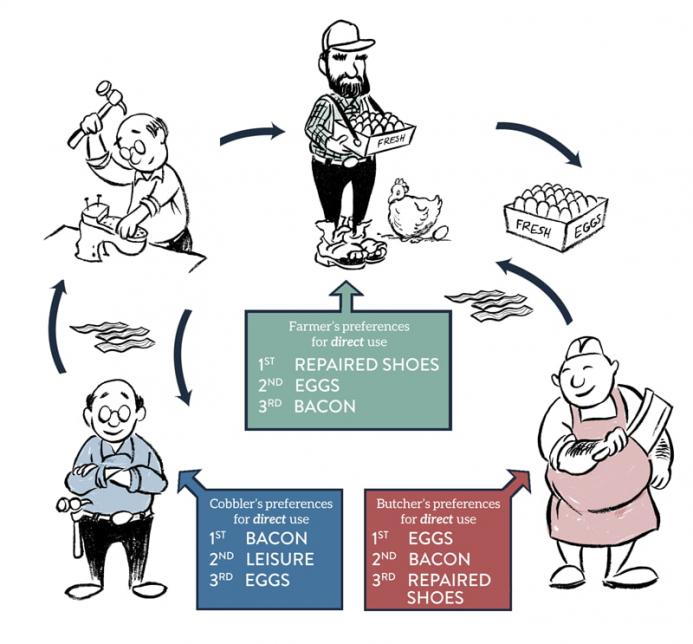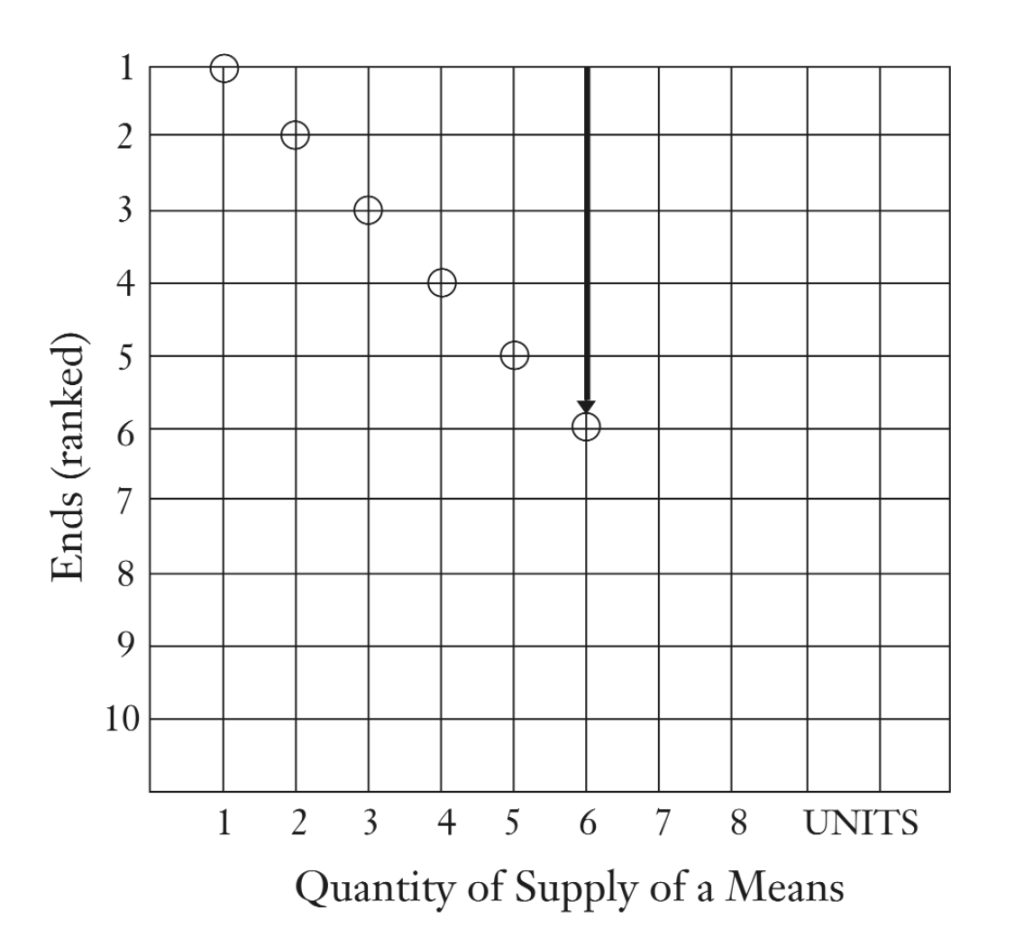Since the Great depression (the 2007/8 one not the 1929 one!) the political
and economic mantra chimed from every group be they political, economic or
media has been for ‘growth’ in the economy as the answer to all of our woes.
As usual there is little detail as how this could be achieved as there are
only 2 methods known to man – Inflation or Govt-get-out-of-the-way free
markets. We know that war is preferable to government than the latter so we
are left with the former.
On the face of it, ‘growth’ – a ‘bigger’ economy, must therefore translate
into a more prosperous one for all? – Seems rational and sound. However, it
is another Keynesian fallacy that is so big it has become the truth.
I have run businesses since I was 24 years old and have occasionally fallen
into the trap of thinking that ‘turnover’ was preferable to ‘profitability’.
I have hired and fired salesmen who could not tell the difference and earned
very little.
Some business models, especially those who position themselves to corner a
market and then hope to raise prices to customers who have no alternative
supplier, can work in the short term but eventually find themselves
overtaken by customers finding newly arrived alternative products by others
entering the market with successful counter strategies. The Hunt Brothers
attempt to corner the silver market in 1979 or even Henry Ford’s cornering
of the car market in the early 1920’s being 2 well known examples. One based
on speculation and accumulation and the other on ingenuity and physical
production.
The current Government and all mainstream politicians are noted in the need
to achieve growth yet as myself, The Hunt Brothers and Henry Ford found to
our cost, it is profitability that allows prosperity for all. For a company
to achieve profitability the answer is extremely simple. Spend less than you
make in profit. Of course a company or individual can borrow to expand and
providing interest repayments do not exceed profits and the lender does not
lose confidence and ask for its money back then the plan to make profits can
be extended into the future when efforts are great enough to ensure the plan
succeeds. With a national economy there is no such restraint. For instance,
America has a debt burden that consumes 50c of every dollar raised in taxes.
Britain’s debt consumes 15p in every £1. The EU countries are in just as bad
a shape if not worse. The problem is simple although there are many threads
of issue that have to be kept in view to see the overall picture clearly.
Governments, unlike individuals, do not have banks managers. In fact the
Governments Bank – The Bank of England – actively encourages Government
boring in the full knowledge the government does not have the means
currently to repay the debt built up without resorting to money printing. A
business or individual printing money would be classed as a criminal
counterfeiter stealing value from money already in existence that will be
able to purchase less and less and be rightly subject to a long term in
prison. In years gone by castration and death were the punishments for this
crime. Today the counterfeiters are chimed from the media as ‘doing more to
prevent a disaster’ when they are simply ensuring they have enough of the
voters cash to bribe them with. I recently watched ‘Gangs of New York’
directed by Martin Scorsese. Jim Broadbent’s character William ‘Boss’ Tweed
(convicted in real life of stealing £25 – 45 million in 1877 dollars – over
a £1billion today – from the tax payer via his activities at Tammany Hall)
gleefully states ‘You can always bride one half of the poor to kill the
other half..!’. This sums up exactly the democratic process as theft and
bribery. Or as another pundit put it, ‘Elections are a pre-auction of stolen
goods’.
Governments are in every form the Banks and the Banks are in every form the
Government thanks to the mistaken Keynesian belief that ‘we owe the money to
ourselves’. Clearly if you run up a huge overdraft on one of your bank
accounts and transfer the cash to your other account and ignore the first
then you can consider yourself very wealthy indeed.



